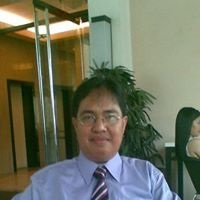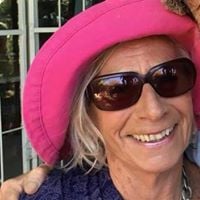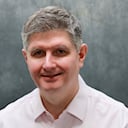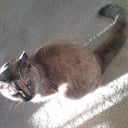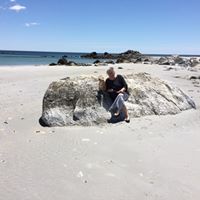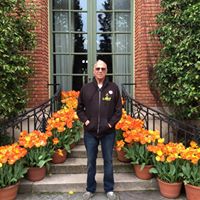9 unusual work habits of historical figures

Strange habits happen. All of us have some weird things we like to do. However, we are going to speak about unusual work habits that helped famous people become widely recognized and admired. Who knows, maybe these 9 strange habits are just for you. Check them out!
Don’t forget that any road to greatness starts with getting new knowledge. QuizzClub can help you broaden your horizons with daily trivia questions that are sent right into your inbox. If you like to learn new facts about famous people, take a look at the articles written by other QuizzClub fans:
- 10 things you never knew about Jayne Mansfield
- 5 shocking facts you don't know about Playboy magazine
- Shocking facts about famous people in history
Let’s go back to the weirdest work habits of historical figures.
#1 Ludwig Van Beethoven
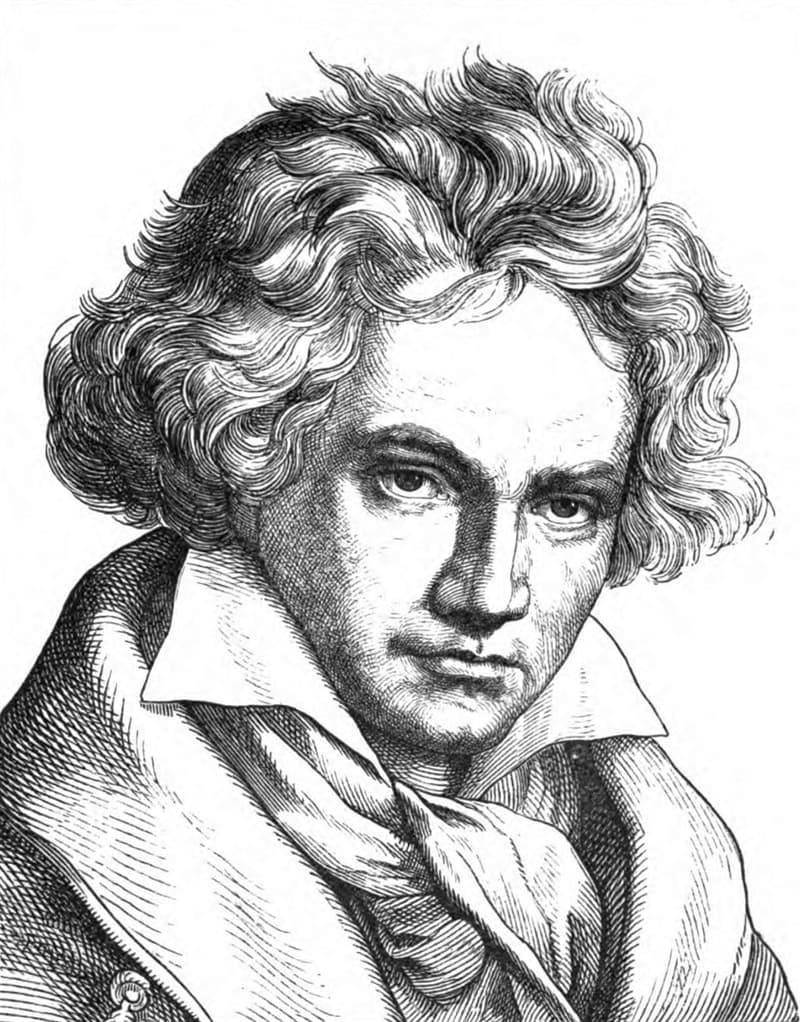
He created his music only while on the move. Every day Beethoven took long walks or paced around his room. If his inspiration didn’t come, he poured cold water on his face and hands.
#2 Thomas Edison
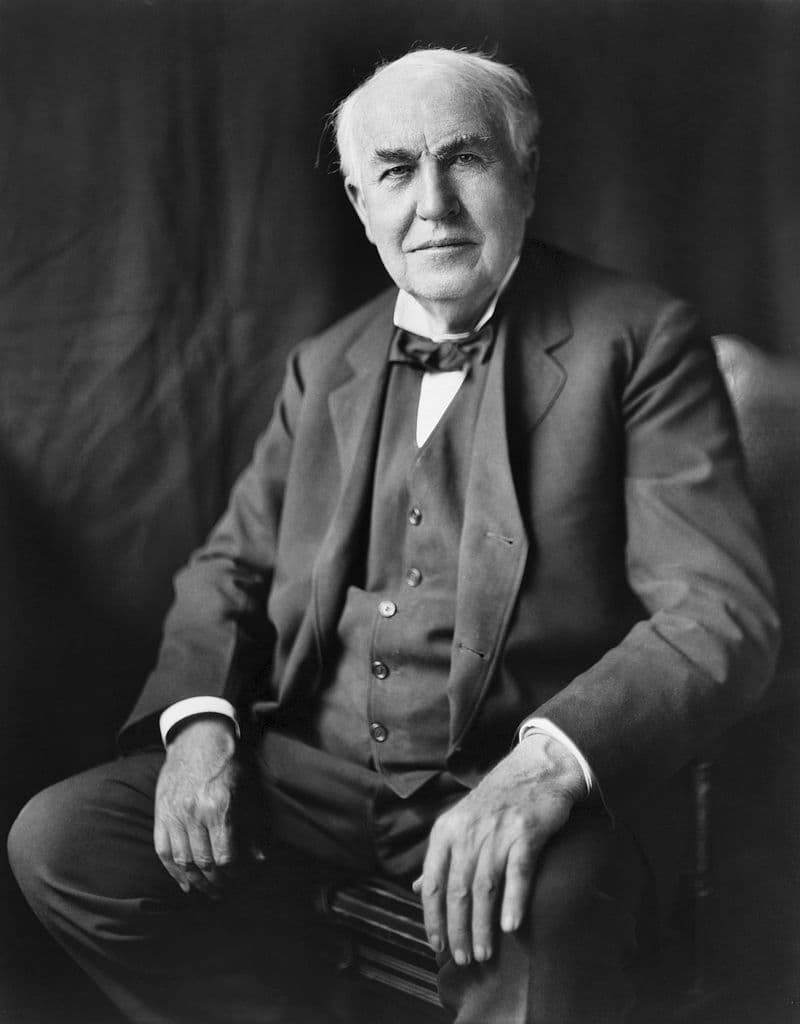
He created the “Salt Test” to test his candidates for the position. Thomas Edison wanted to hire people who would test their assumptions before acting on them. That’s why he would never hire anyone who added salt to their soup without tasting it first.
#3 Charles Dickens
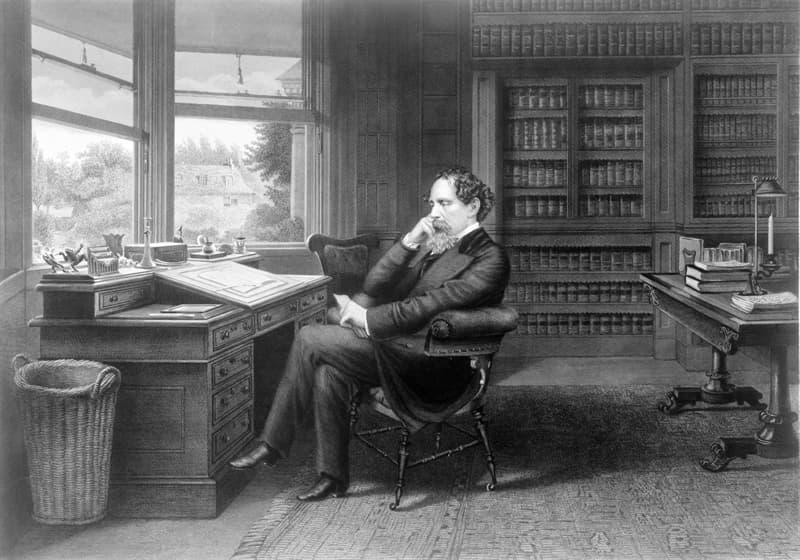
The writer was full of bizarre work habits. Here are some of them:
- he wrote his books only between 9 a.m. and 2 p.m.;
- Dickens worked in total silence;
- the writer arranged his pens, ink and a small collection of statuettes on his desk in a special way;
- he moved furniture in hotels to recreate his study;
- he only slept facing north.
#4 Bill Gates
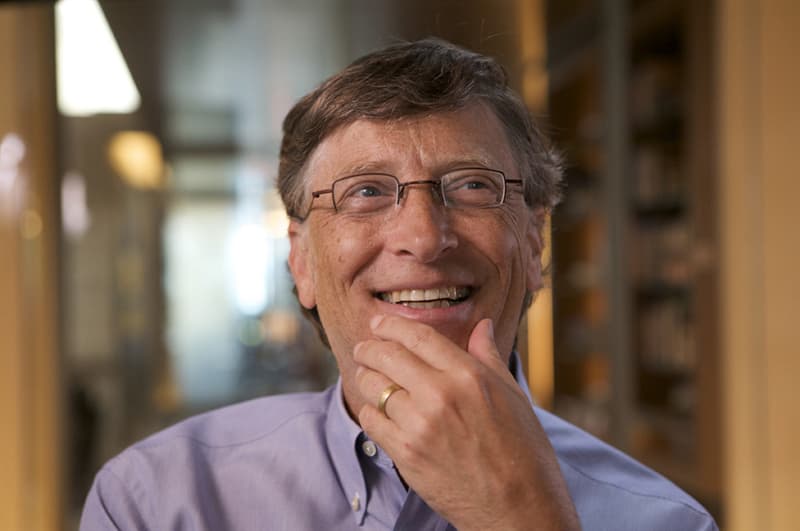
The entrepreneur got his unusual habit while his college days. His roommates said that Bill Gates liked to rock in his chair in both moments of intensity and when he needs to disconnect and focus.
#5 Yoshiro Nakamatsu
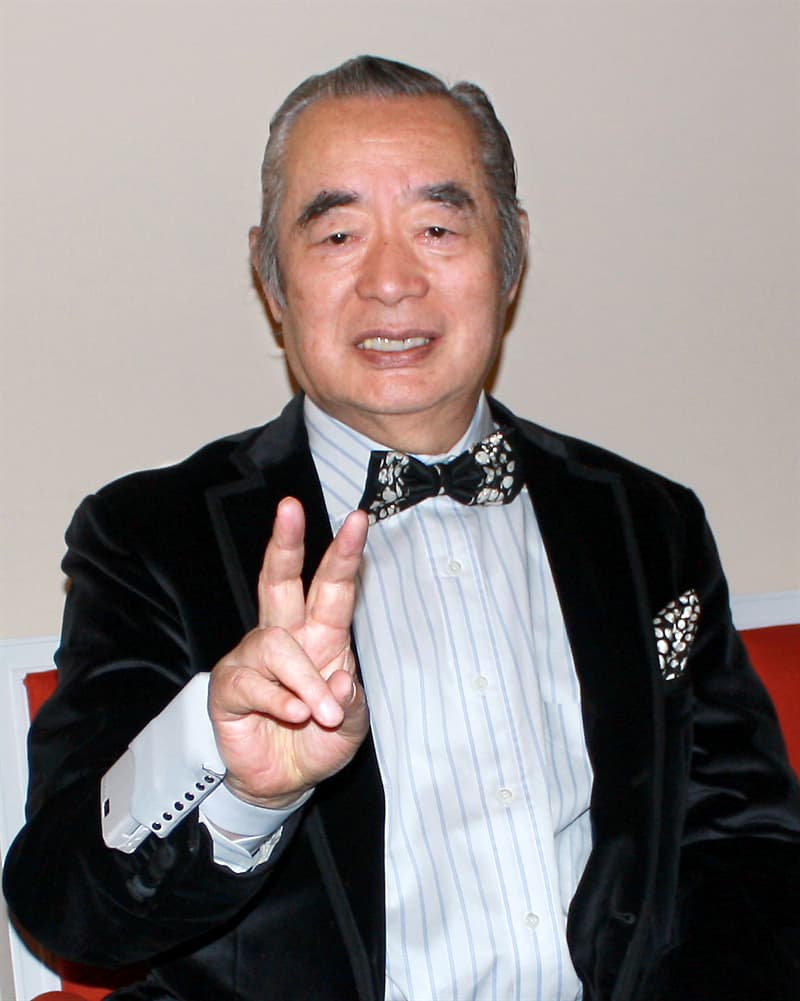
The inventor of the floppy disk believes that the best ideas come to him when he is 0.5 seconds before death. That is why he dives underwater to be close to death.
#6 Marcel Proust
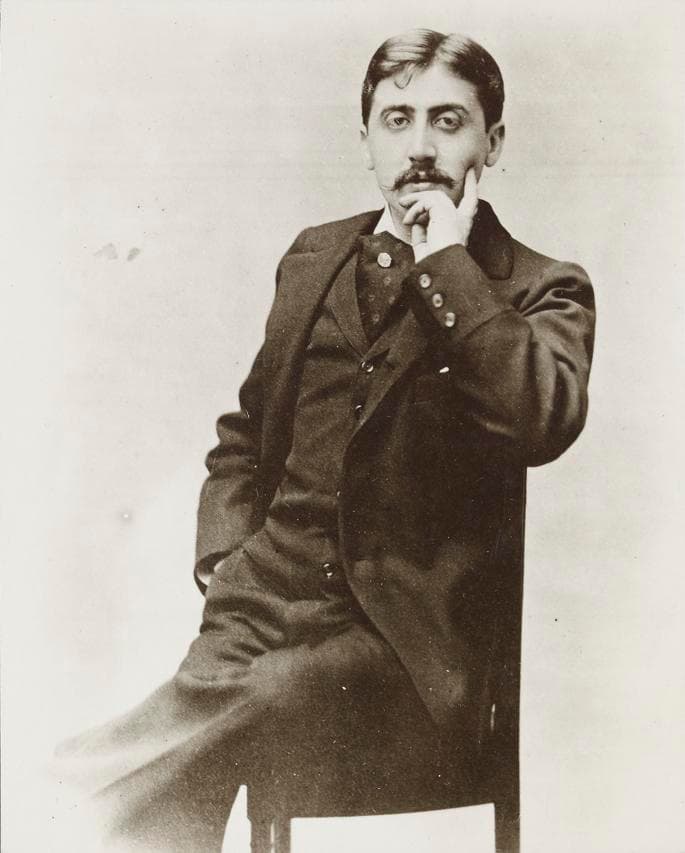
He had the most pleasant work habit ever. The writer never woke up until 3 or 4 in the afternoon. After his breakfast, he worked right in his bed with several fluffy pillows. It seems he was the first true freelancer.
#7 Voltaire
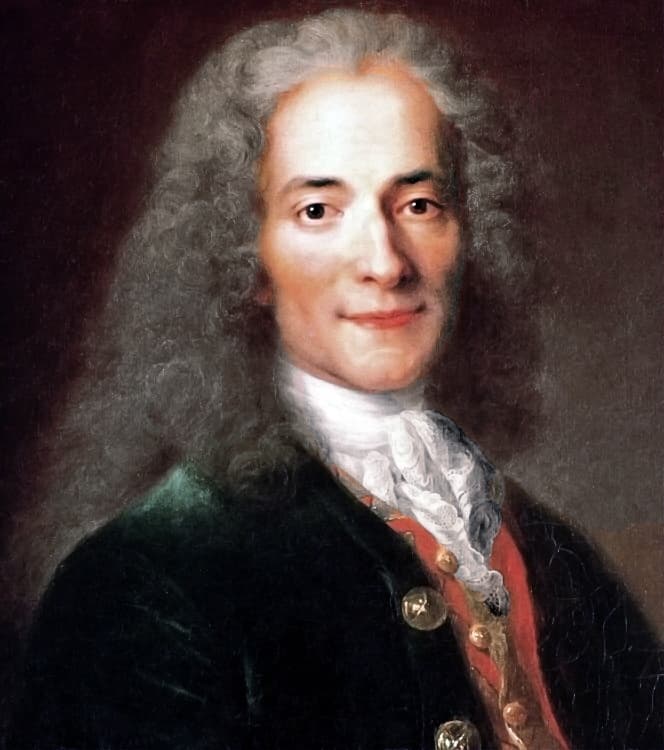
The philosopher and writer drank copious amounts of coffee. Voltaire is said to have drunk between 40 and 50 cups of coffee a day. Despite his doctor’s warnings, he lived to the age of 83.
#8 Salvador Dali
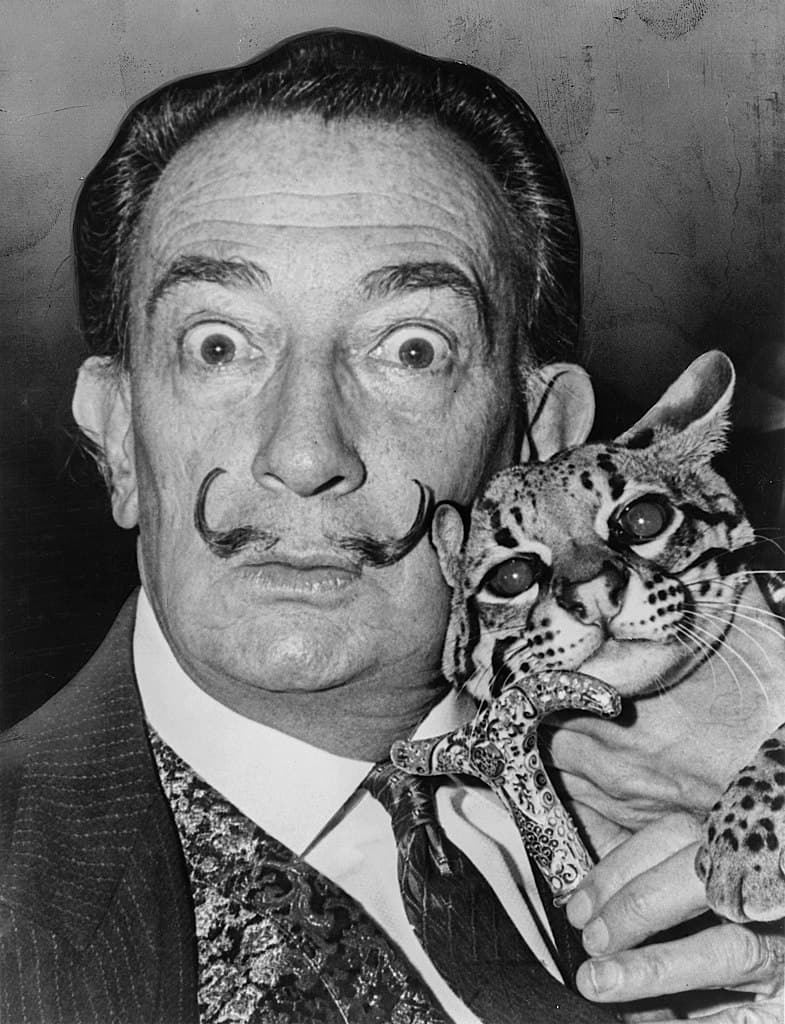
His unusual work habit helped him to find inspiration for the surrealistic paintings. When Salvador Dali was napping, he held a heavy key over a tin pan. As soon as the painter fell asleep, the key fell into the tin pan producing loud sounds. Dali woke up and depicted strange images that he saw in his dreams.
SHARE this article with your friends!
Interesting Facts
9 photos that depict history vividly
7/21/2021
by
Della Moon
These captivating historical pictures will definitely leave you stunned!
14 beautiful vintage pictures colorized by a talented artist
8/9/2021
by
Della Moon
This talented artist surely knows how to give new life to old black and white pictures – his works will blow your mind away!
9 incredibly old and worn out items you will find interesting
7/18/2021
by
Della Moon
There are many worn out items and antiques that people find hideous, which is not the case for the wonderful objects you're going to see in this post.
7 images that depict life from a different point of view
8/11/2021
by
brian l
In today’s post, we would be sharing these seven photos that show life from another perspective.
9 things that should be used to make our lives easier
8/15/2021
by
brian l
With these nine images, we would be showing things that should be used worldwide to make our lives better!

